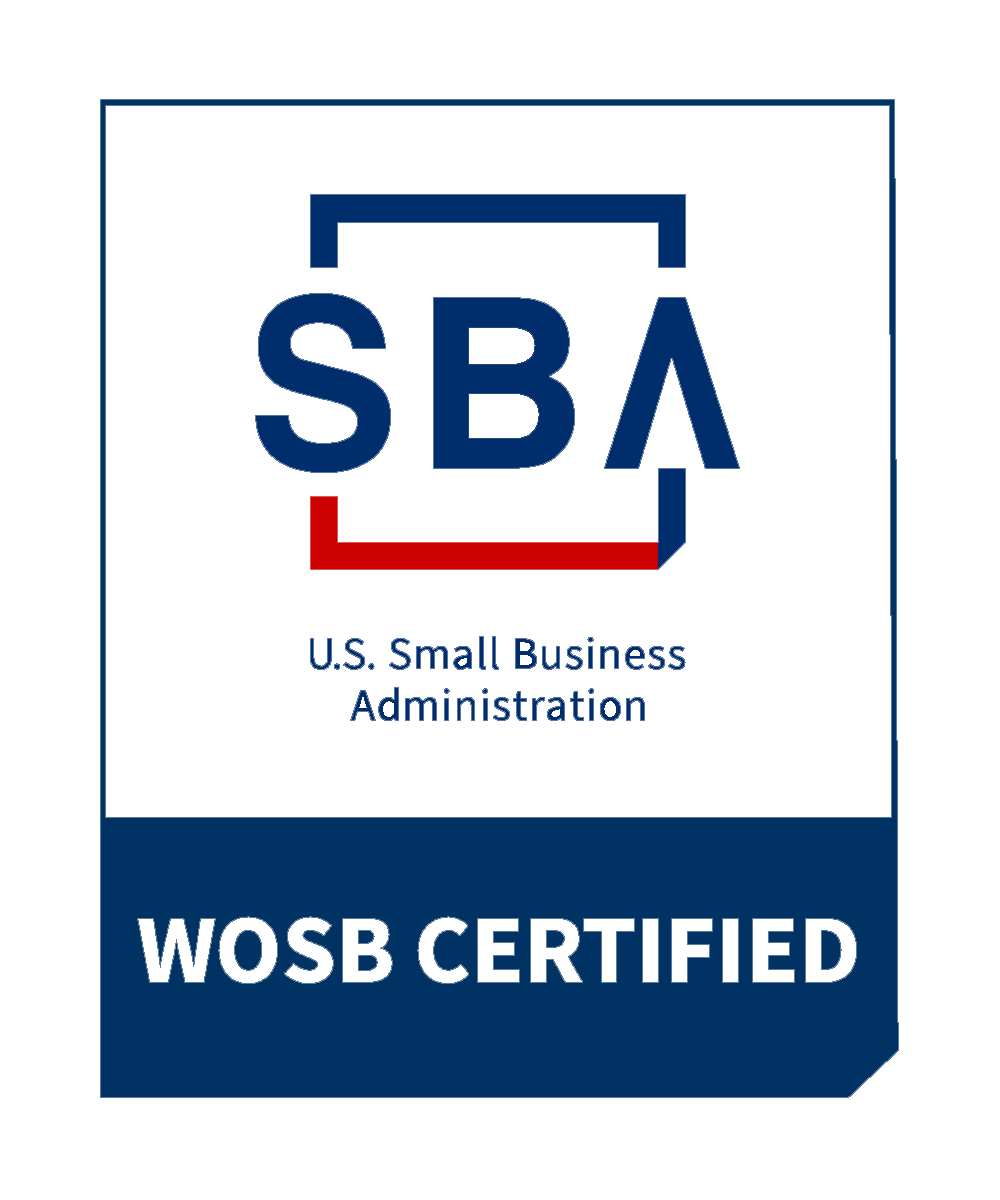
Unpacking Overwhelm: Where It Comes From and How To Manage It
“We live in an age where information is at our fingertips, 24/7. While this can be incredibly empowering, it can also be a major source of overwhelm.” - Seth Godin
In our modern, fast-paced world, feeling overwhelmed has almost become a norm. Whether it's juggling work responsibilities, managing family life, or dealing with personal challenges, the sensation of being swamped can sneak up on us when we least expect it. But where does this overwhelm come from, and more importantly, how can we effectively manage it?
The Origins of Overwhelm
1. Information Overload
We live in an age where information is at our fingertips, 24/7. While this can be incredibly empowering, it can also be a major source of overwhelm. Our brains are constantly bombarded with emails, news updates, social media notifications, and more. This relentless influx of information can make it difficult to focus and can lead to decision fatigue.
2. High Expectations
Both societal and self-imposed expectations contribute significantly to our sense of overwhelm. The pressure to excel in our careers, maintain a perfect home, be a supportive friend or family member, and take care of ourselves can feel like an impossible juggling act. When these expectations are not met, the resulting stress can be overwhelming.
3. Lack of Boundaries
Often, we say "yes" to too many things, leaving little time for ourselves. Without clear boundaries, we can end up overcommitting, leading to an overpacked schedule and increased stress. The inability to say "no" can stretch us thin and make managing daily tasks seem insurmountable.
4. Emotional Burden
Emotions play a big role in how we perceive our workload. Personal issues, relationship struggles, or even just a bad day can amplify the feeling of being overwhelmed. When we’re emotionally drained, even small tasks can feel like huge obstacles.
5. Fear of Missing Out (FOMO)
The constant connectivity of our digital lives often leads to a fear of missing out. This can push us to take on more than we can handle, from social events to professional opportunities, making it hard to prioritize and manage our time effectively.

Managing the Overwhelm: Practical Strategies
Understanding the root causes of overwhelm is the first step toward managing it. Here are some practical tips to help you navigate and reduce these stressors:
1. Embrace NLP Dissociation Techniques
One of the most effective ways to handle overwhelm is through Neuro-Linguistic Programming (NLP) dissociation techniques. These methods help you mentally step back from your stressors, creating a sense of distance and clarity. Try this simple exercise: imagine your stress as a series of objects in front of you. Now, place these objects into a box and visualize moving that box away from you. This mental exercise can help you see your challenges more objectively and reduce their immediate impact on your emotions.
2. Separate Feelings from Facts
Our emotions can often cloud our judgment, making tasks feel more urgent and stressful than they actually are. To manage this, practice distinguishing between your feelings and the facts of the situation. Next time you feel overwhelmed, take a moment to pause and ask yourself: "What are the actual facts here?" versus "How am I feeling about it?" Writing down your tasks and categorizing them into factual needs and emotional responses can help you see things more clearly and prioritize effectively.
3. Shift Your Perspective
Changing the way you look at a situation can dramatically alter how you feel about it. Engage in mindfulness practices like meditation or deep breathing to calm your mind and gain a fresh viewpoint. Sometimes, talking to a friend or mentor can provide new insights and help you see your challenges as opportunities for growth. Reframing your thoughts from "I can't handle this" to "This is a chance to learn and grow" can make a big difference.
4. Replace Overwhelm with Positive Intentions
It’s not just about eliminating stress; it’s also about filling your life with positive, fulfilling activities. Set clear, positive goals and focus on what you want to achieve rather than what you’re trying to avoid. Each day, take a moment to identify three positive things that happened. This practice shifts your focus from stress to gratitude and helps you create a more positive outlook.
5. Prioritize Intentional Effort and Focus
Managing the overwhelm requires more than just quick fixes; it demands intentional effort and focus. Use tools like to-do lists or apps to prioritize your tasks and focus on one thing at a time. Avoid multitasking, as it can increase stress and reduce productivity. Regular breaks are essential for maintaining focus and energy. Short, mindful breaks can rejuvenate your mind and make you more effective in handling your tasks.
6. Eliminate Unnecessary Tasks
After creating some mental separation and clarity, it’s important to assess your tasks and eliminate what’s unnecessary. Review your to-do list and question the necessity of each task. Eliminate or delegate anything that doesn’t align with your goals or values. Simplifying your tasks by breaking them into smaller, manageable steps can make them less daunting and more achievable.
Written by the team at A Higher Way Of Living

Women Owned Small Business
CAGE/NCAGE: 9NK95
NAICS Codes: 611430, 611710, 541611, 1612, 541613, 541618, 561499, 621399, 812990, 611699

© 2024. A Higher Way Of Living LLC. All Rights Reserved.

